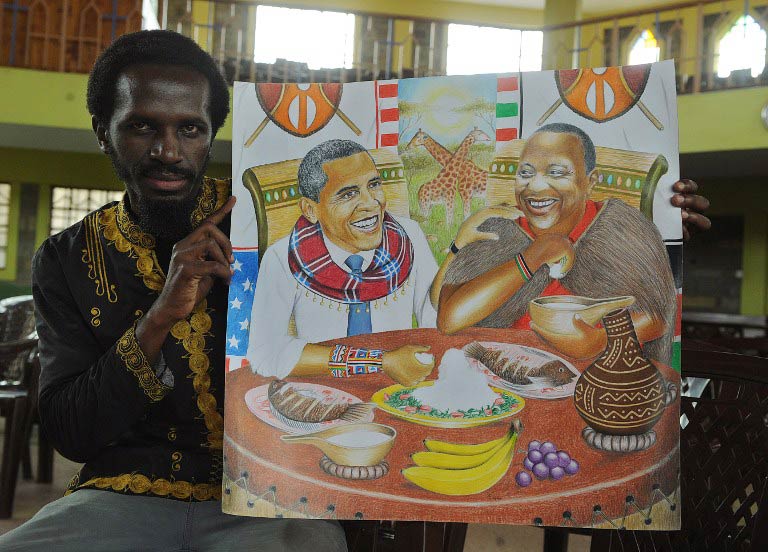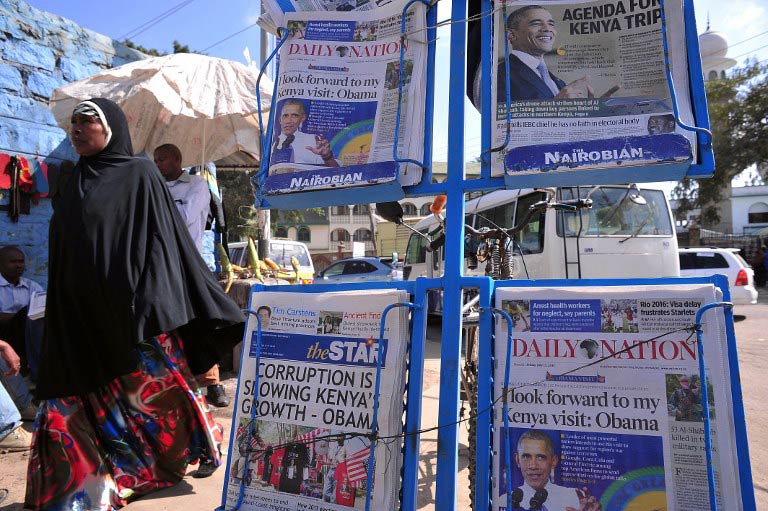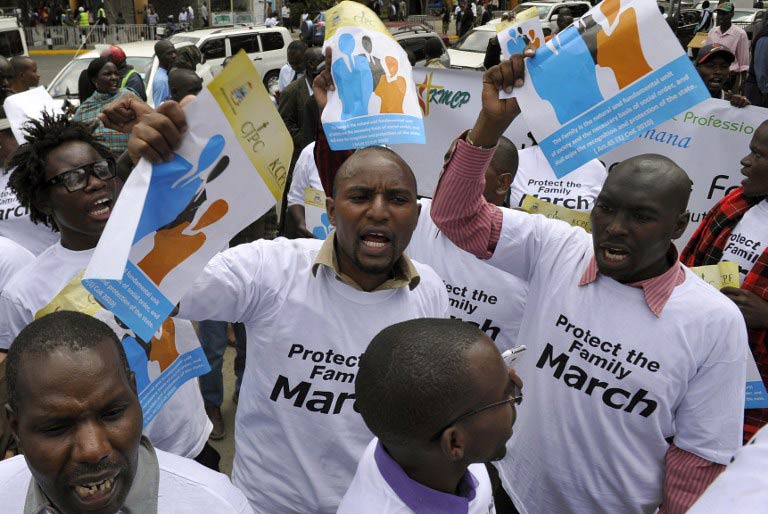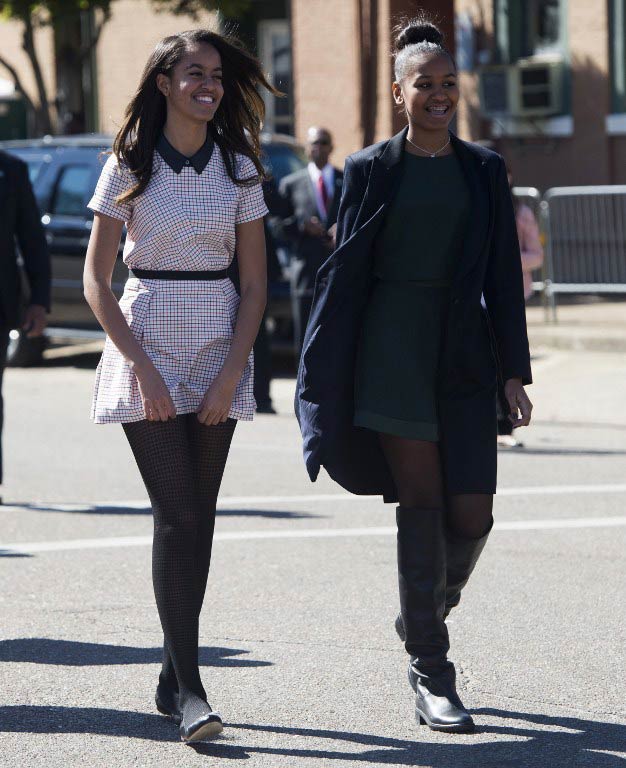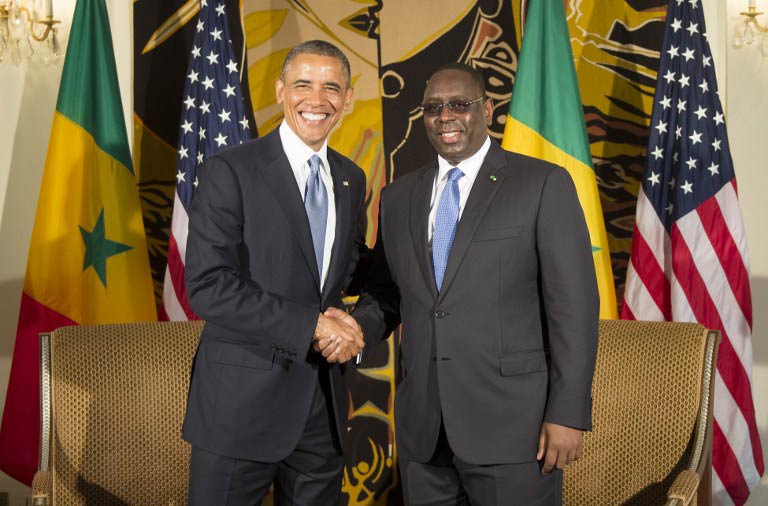Despite my general disregard for Turkish Delights, Istanbul holds a special place in my heart. This is where I became two iconic black people: Sarah Baartman and Barack Obama – for a few minutes anyway.
I associate cities with books I have read about them. But when I think of Istanbul, it is not Nobel Prize-winning Turkish author Orhan Pamuk’s novels; nor even the must-read Honour by Elif Shafak that comes to mind. I associate Istanbul with The Book of Chameleons, a novel by Angolan Jose Eduardo Agualusa. You see, this novel is about a man who trades in memories. His business card reads: “Felix Ventura – Guarantee your children a better past.” His clients are well-heeled people whose futures are secure, but who lack a good past. So he sells them brand new pasts. He gives people saddled with disgraceful family trees or uninteresting childhood memories, a chance to photoshop their histories, complete with tangible evidence to support these new pasts. This is how one fellow gets a new set of illustrious grandparents resplendent with nobility— along with photographs of him spending memorable days at their lovely house.
Istanbul reminds me of this novel because, like Felix Ventura, Istanbul gave me two brand-new identities in 2011. I got to be watched and photographed like the enslaved black South African woman, Sarah Baartman, whose body was exhibited as an ‘exotic’ across Europe. I also got to be Obama. But unlike Felix Ventura’s customers, my new identities came unprovoked, uninvited, on a prepaid contract – compliments of my blackness.
The day I became these two icons is the same day I first tasted roasted chestnuts. We were visiting the Aya Sofya museum, which embodies Istanbul’s popular image as ‘where East meets West.’ An architectural wonder when it was completed in 537AD as an Eastern Orthodox cathedral, the building has over the centuries served as a Roman Catholic cathedral, and a mosque, before becoming the museum it is now. Its architectural wonders aside, Aya Sofya’s interiors are a rich display of Turkey’s layered histories, as distinctive Islamic calligraphy rubs shoulders with stunning mosaics of the Virgin Mary and Angel Gabriel.
So, outside Aya Sofya, my friend and I waited for the vendor to wrap our freshly roasted chestnuts, entry tickets already purchased. I enjoyed the familiar sounds of the Turkish greeting ‘Merhaba’, which could have come straight from Kiswahili; glowing with pride in our shared Arabic linguistic roots. I was at home.
There was a long queue of tourists, but I noticed a particularly excitable bunch of Turkish school children in uniform. I figured they were typically excited as students tend to be on school outings. I remembered my pure delight as a Grade 4 student about a class trip to our local museum, whose key attraction was its reptile collection and the requisite ‘Picasso-goes-native’ anthropological paintings of bare-breasted black women bravely bearing the burden of beads on their necks. So, I dismissed these teenagers’ laughter, jostling and their inability to stand in a queue as typical student excitement.
When you have never been an object of paparazzi interest, you don’t quickly make the link between flashing cameras and yourself. It took me a while to join the dots between the mini-stampede of flashing cameras and my face. Then I stood there transfixed, blankly scanning the queue, the nearby streets, my friend, the chestnut vendor, before I finally acknowledged the truth I had already registered, but suppressed: I was the only black person around. The second truth was harder to face: I was the cause of the students’ excitement. So much for our shared linguistic roots. To them, one of those women they only knew as paintings and pictures about Africa was standing right before their eyes. In the flesh. Munching roasted chestnuts. Sure, I was dressed wrong for the ‘peoples-of-Africa’ look of those paintings and postcards, but my blackness remained astonishing for this group of teenagers.
Snapping out of the shock, my friend and I literally ran into the Aya Sofya, school children and cameras in tow. And thus unfolded my ‘participant-observer’ tour of Aya Sofya Museum: playing Black Mampatile (hide-and-seek) with a bunch of Turkish students desperate to capture evidence of their close encounter with blackness for their Facebook friends. I was a bonus on their museum trip, an artifact to be watched and photographed, alongside the murals on the walls. As I ducked into corners in the beautiful Museum, in-between nervous glances at its gorgeous paintings, while my friend ensured the students were safely out of sight before we could move to the next part of the museum, I remembered Sarah Baartman. I had read lots about her, most recently in Pumla Gqola’s book What is Slavery to me? But for the first time, I had a glimpse of what it must have felt like be a curiosity, to be ‘exotic,’ to be studied and photographed because you are different; to be assaulted with the giggling stares of teenagers’ cameras. Unlike her, I may have been a free woman, there on my own volition. Yet I remained helpless and humiliated. It wasn’t my favourite Kodak moment. But my day was about to get even better: an encounter as Obama awaited me at the Grand Bazaar market.
After sneaking out of the Aya Sofya church, my friend and I decided to visit the Grand Bazaar market, on a bargain hunt. As we explored the busy market, each pathway filled with throngs of shoppers and stall owners calling customers to their wares and haggling over the prices, one man’s voice rose above the din shouting ‘Obama! Obama! Obama!!’ This sounded odd to both my friend and I; and we simultaneously looked back to check who Obama was. ‘Yes! Obama!’ the man said, making eye-contact with me, and waving his hand, a wide smile on his face. Goodness?! It was me! I was the Obama in question. And, by the smiles on many shoppers’ and vendors’ faces, I was the only one who didn’t realise that I was Obama.
I had followed the endless stream of media commentaries on what an Obama presidency meant for Kenya and Africa at large. But I had clearly missed the part about his name becoming the new shorthand for ‘black person’— at least at this market in Istanbul. I wondered whether to be flattered, amused or offended at this new ‘John Smith’ code for black folks. I smiled awkwardly and gave the man a little wave, hoping to shut him up with acknowledgment. As we squeezed through the crowds to leave the market, I wondered how this would play out in Turkish villages. Would I be followed by groups of children shouting ‘Obama! Obama!’? Would I need a souvenir T-shirt declaring ‘I am not Obama’ the way tourists to East Africa wore the ‘I am not Mzungu (white) T-shirt?
Fast-forward to April 2013. I am sharing a house with colleagues from different countries. One housemate, Salah from Iran, is a spitting image of Obama. His dress-sense, his graceful walk, his height, his salt-n-pepper hair, his skin-tone, right down to the smile. My friends and I remark to each other on this similarity. Salah shares my friends’ passion for Table Tennis, and they play regularly. One day, I tell him. “You know you look like Obama.” Ever graceful, he looks at me slowly, then asks: “is that a good thing?” Yho!? Who saw that one coming? I mumble that I mean the nice Obama, not the one busy killing every audacious hope we ever invested in his presidency. My friends jokingly break the awkwardness: “Actually it is not such a bad thing. You could play Obama in a Hollywood movie about him. But do you play basketball? You will have to learn basketball for the movie.”
Salah laughs good-naturedly, then says “No. I play table tennis. Obama will have to learn table tennis so he can be more like me.”
Ek se! Give that man a Bells!, I think quietly to myself. I suppose this is what they mean by thinking outside the box. Indeed, why shouldn’t Obama learn table tennis, in the hypothetical scenario of Salah playing him in a movie? See, sometimes the mountain must go to Mohammed.
Grace A. Musila is a Kenyan who studied in South Africa.

